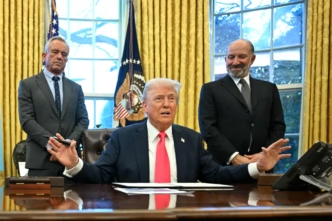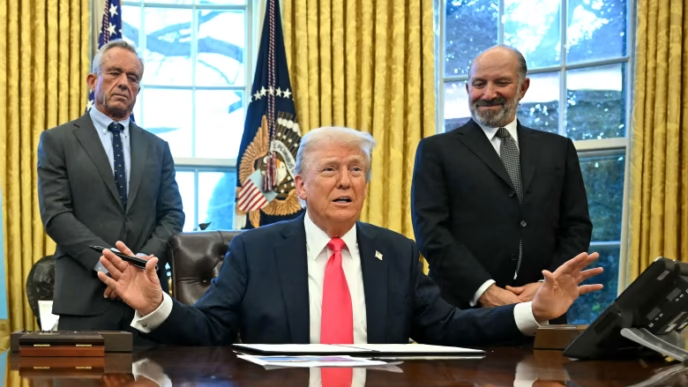For the first time, the European Union has confirmed it will suspend many of the toughest sanctions on Syria by lifting restrictions on the energy, banking and transport sectors in an abrupt change to its approach to the war-torn country.
The move came after insurgent forces backed by Hayat Tahrir al-Sham (HTS) ousted President Bashar al-Asad in December to take power.
EU foreign ministers agreed in Brussels on Monday to ease the embargo on Syria’s oil, gas and electricity sectors as well as freeze assets of five banks on grounds of proliferation as well as common security issues. The Syrian central bank restrictions have also been eased, and exemptions for critical humanitarian assistance are now permanent.
Now, Kurdish-led authorities in overnight Syria restart oil exports to the central government in Damascus as US policy had flipped a switch involving economic cooperation within country.
However the EU has continued its punitive sanctions against arms sales, surveillance technologies and illicit cultural artefacts linked to former Assad regime. Officials said these moratoria would be regularly assessed to make certain they remained appropriate to the maturing political situation in Syria
Though it is expected to help the economic situation in Syria, the major concern is that Islamist groups would be involved in governance. The EU has said it will monitor the situation closely to assess the necessary changes in future policy.















